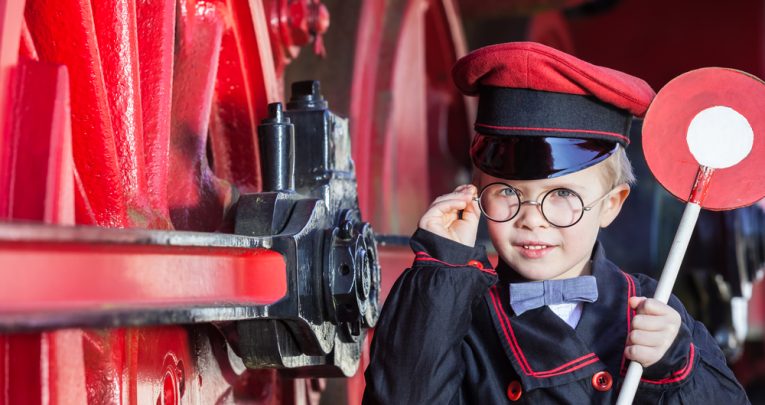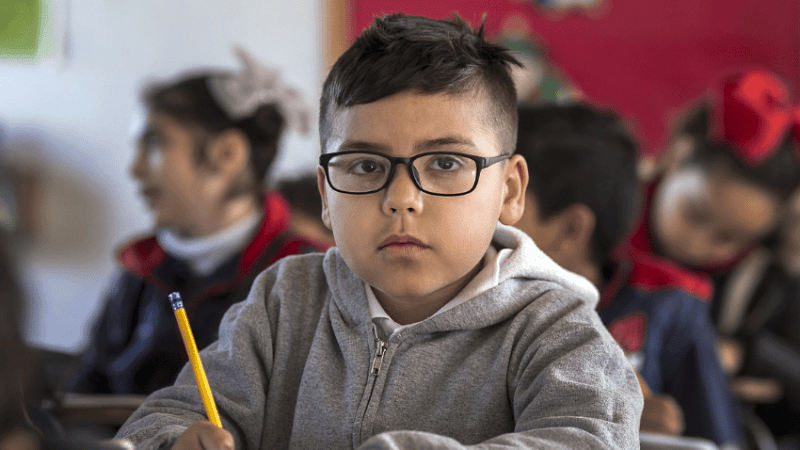Mick Waters: ‘What if, instead of seeing the classroom as a theatre, we could view it as an engine?’

It᾿s time to stoke the fires of the classroom engine and bring the curtain down on theatrical lessons, says Mick Waters…

- by Mick Waters

Over recent years there has been a tendency to view the classroom as a theatre of learning in which the teacher᾿s role is to perform. Ever since inspections threw the spotlight on ‘teaching᾿, pupils have been transformed into an audience, which has to be engaged. The curtain goes up and the teacher begins with a stunning introduction. Objectives are written, there᾿s exposition, and a series of questions to check understanding. Following this, the class breaks into groups, after which more teacher examples lead in to some individual work.
It᾿s then time for the final plenary, before the curtain comes down on a memorable ending.
Raise the production levels
All of this can be fine but, for the teacher – after a short break and swift cup of tea – the curtain goes up on the next performance. For the pupils, this model of lessons-as-theatre gets played out upwards of 150 times a year. The problem is that when, say, 24 pupils produce individual pieces of work, most are very similar. (Even when tasks are differentiated in demand to accommodate striders and strugglers, the content is broadly the same). But what if, instead of seeing the classroom as a theatre, we could view it as an engine? What amount of learning and work could 24 pupils generate? How about…
• Biographies of 24 different famous artists • Working in threes, eight different examples of famous battles • Working in twos, 12 different examples of scientific discoveries • Working in fours, six different examples of experiments on changes in states of matter • Working in sixes, four different examples (over time) of a large sculpture • 24 pupils can all do the same piece of work on one famous explorer. But it hardly seems worth it.
If pupils work on a range of content, in a range of groupings, the level of production in the classroom will rise as the machine of learning produces far more knowledge and skills than the teacher can ever generate from 24 pupils working individually on the same topic. It will be more enjoyable for the teacher too!
What will your children be doing?
The skills of research, documenting, drafting and presenting will be practised in context. Children will work through the processes of planning and organising that employers say are so vital. And if different children are working on different aspects of a theme, there is at least an audience of classmates to look at what they produce (oops, we are back in the theatre again).
Trending
Having a real reader in mind is what real writers do. I am thinking of you, the teacher, as I write this. The awareness that other children are going to read the report, watch the presentation, study the chart, or view the picture is likely to create a sense of urgency different from the routine in which the teacher receives 24 responses to the same task – unless, of course, the purpose is to simply put us in order of ability. Perhaps, in planning for the next school year, teachers could think less about their own performance and curtain-up lessons; less about what they are going to do, and more about what their children will be doing.
Fuel the engine, fire up the children, stand back and watch the learning being produced. Full steam ahead!
Mick Waters is Professor of Education at the University of Wolverhampton; the issue of school leadership is addressed in his book, Thinking Allowed on Schooling










